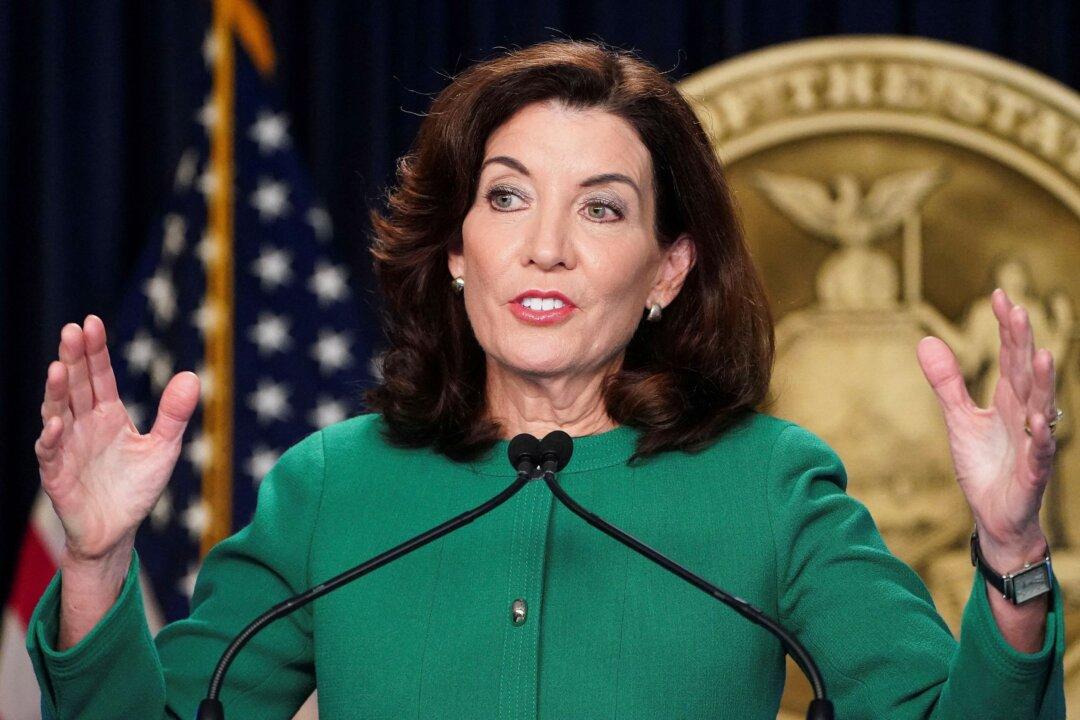Some Democratic governors and state lawmakers are resorting to tough-on-crime legislation, often against the will of the party’s progressive camp, as elections draw closer and violent crime emerges as a top issue on voters’ minds.
Most want to take more violent offenders off the streets, either by rolling back bail reforms or through tougher sentencing guidelines.





